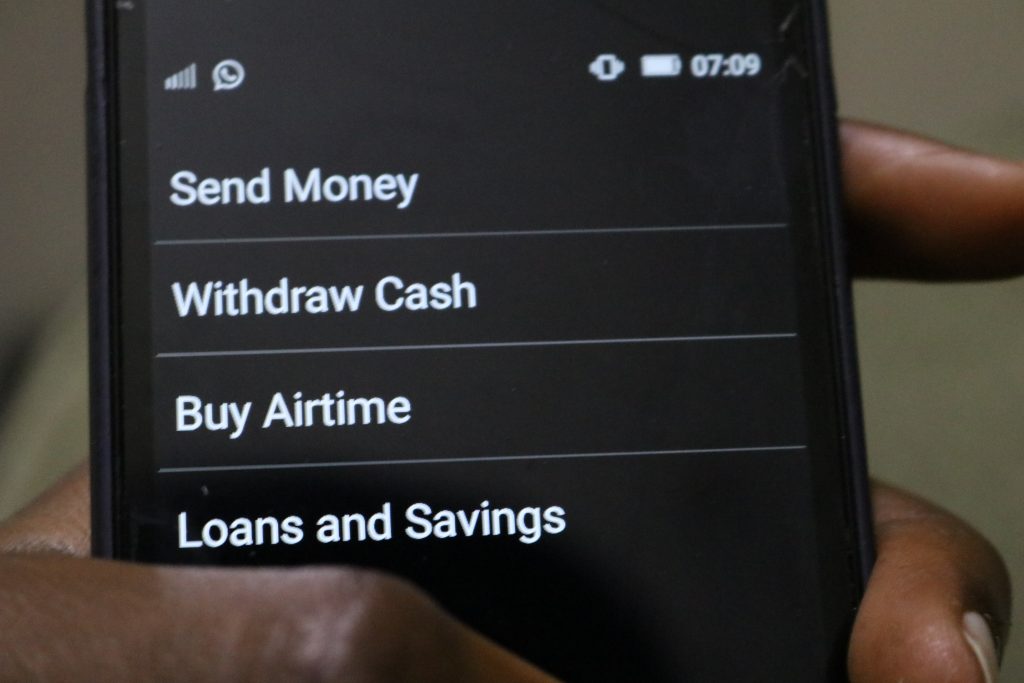Africa continues to be a large, unexploited market that continues to garner global interests with its business landscape constantly evolving. Often times, businesses that have failed to adjust to the new changes have been at the verge of being extinct. Speculation aside, the reality is that technology is revolutionising the way companies in Africa are conducting business but most importantly, how Africans are investing. And the transformation has only just begun.
Small businesses have adopted an array of tech, everything from servers to mobile devices that have helped them develop competitive advantages in the economic marketplace.
Take for example in Kenya, where Mobile money has become a catalyst for financial inclusion and contributed to the development of an entire digital ecosystem. The pandemic has demonstrated the need for contactless payments and the birthed even more disruptions in the sector. More than 70% of the Kenya population is using M-pesa with more than 50% of the country’s GDP flowing through the system.
The pandemic has birthed more technological disruptions with new methods and existing ones having a great impact on the business space. Video conferencing and launch of productivity apps have made remote working easier thus reducing the demand for office spaces both for startups and already existing businesses. The year 2022 presents a good opportunity for the business sector to grow owing to this constant growth of the technology industry. The arrival of the 5G tech trend, for example, will have a very positive effect on augmented reality and virtual reality and many other trends yet to come. As a result, an individual won’t have to think about which tech trend is right for them because learning about these advancements will broaden their awareness and give them an advantage over the competition.
Key among the sectors expected to grow in Africa is telemedicine. The pandemic has greatly forced traditional healthcare providers to change their models and adopt new technology products thereby creating vast opportunities in the industry. Entities now use tech-enabled solutions to change the distribution of health products both for over-the-counter drugs and the prescribed ones an example being Kenya’s online pharmacy MYDAWA. E- commerce giants Konga, Jumia and Copia are also adopting these telemedicine services by stocking up over the counter health products.

Blockchain technology and NFTs are set to continue influencing the business of arts and music that has gained global interest. Africa’s tech space has not been left behind, with South Africa setting the pace in this surfing wave with one of its NFT’s startup raising $5 Million in 2021. Beyond the high profits shaping the news, the real disruption in NFT’s is ownership. Artists no longer have to wait on streaming platforms like Spotify to pay their commissions before earning, they can sell their works directly to the consumers at their own preferred prices without fear of piracy. This is a phenomenon that will surely shape the business landscape of Africa greatly this year.
The real estate industry is one of the oldest in history yet the least transformed but seems like its long-awaited facelift will happen in 2022. Property technologies are emerging to challenge the orthodox thinking in the property space. The introduction of online search platforms has become a disruptive technology that continues to improve both transparency and efficiency across board.
We also anticipate a further growth in internet connectivity and usage, in 2020, Africa’s internet economy contributed $115Bn to the continent and is expected to reach $180Bn by 2025, this is according to e-Conomy Africa 2020 report by IFC and Google. Urban growth is one of the catalysts of this robust growth of the internet economy. Tech giants Facebook are building cable networks that aim at increasing internet penetration which in turn increase the visibility of businesses on the internet equaling more incomes for citizens and governments.
Another sector that is expected to be influenced this year by technology is agriculture. Agriculture still remains big business in Africa. It accounts for roughly about 14% of GDP in Sub-Saharan Africa. However, it’s growth is influenced by productivity problem since a large percentage of the produce is brought by small scale farmers. agri-tech startups secured the second-largest portion of Venture Capital funding in 2020 and 2021 and is expected to rise even more in this new year if all factors are held constant. Investments in agri-tech companies grew by 23.7% in this previous year by The Disrupt Africa report.
Discovering fresh Africa-centric solutions to guide struggling communities out of poverty and into a food secure future, will set an example for global food systems change and thus far Agri-tech is influencing it. The real test for agri-tech going into the future will be whether it can help farmers and the agri-food value chain build resilience which we anticipate seeing this year.

